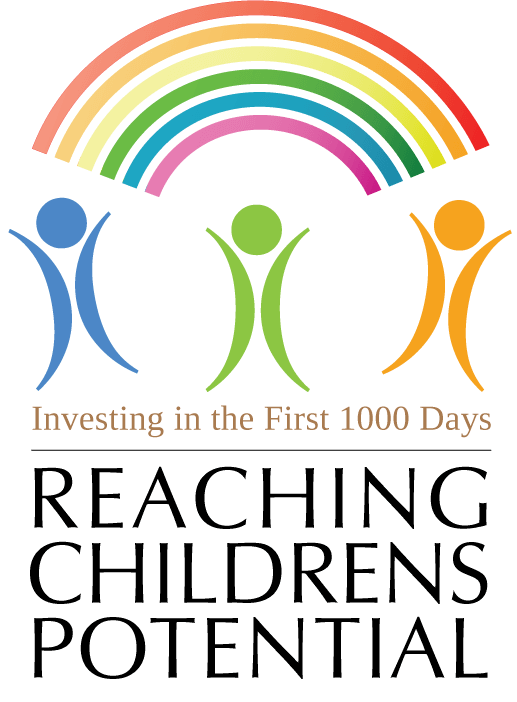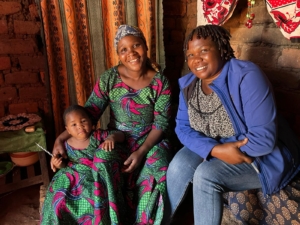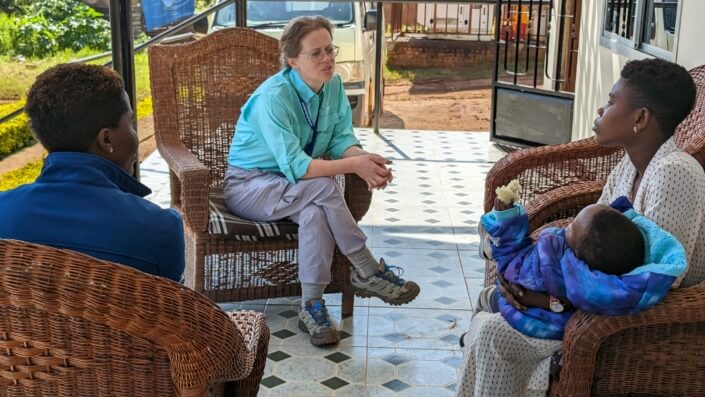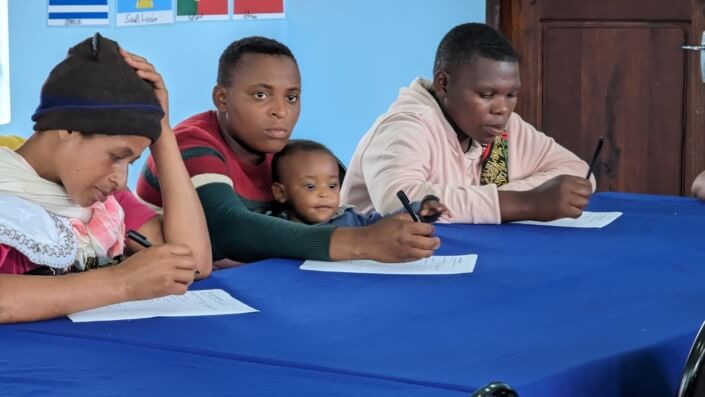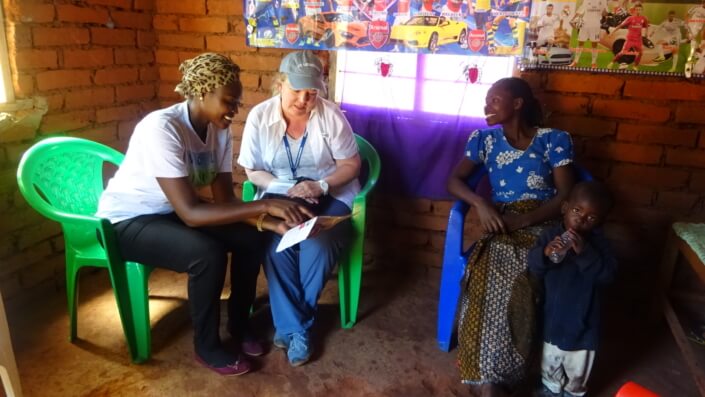The Mental Wellness Initiative is a cornerstone element of the Tanzania Reaching Children’s Potential Program (RCP) in providing behavioral, emotional and psychosocial support to parents and the wider community. It is a holistic approach to brain health and the chronic conditions affecting mental well-being with the end goal of preserving the health, development and long-term vitality of children.
Global Volunteers partners with Tanzanian mental health professionals to inspire local leaders and families of the Ukwega Ward to visualize optimal community mental wellness and to collaborate on practical strategies to integrate mental health into the primary care system. A foundational strategy is to build sustainable resources to operationalize this vision. Service work targets depression, anxiety and trauma; widespread gender-based violence (GBV); teen and adult alcohol abuse; and suicidal ideation.
A target project identifies especially vulnerable women to receive compassionate and accessible services, including protection from violence; thereby elevating their dignity, security, self-esteem, family cohesiveness, educational opportunities, earning capacity, lifestyle choices, social status, and unique role in stabilizing the wider community. The RCP Mental Wellness Initiative addresses the most widespread needs.
Short-term volunteers assist in all aspects of daily and weekly mental wellness projects. Psycho-educational workshops are conducted on addiction, family conflict, depression and anxiety, and recovering from trauma. Monthly in-home depression assessments and village-based interpersonal-therapy (IPT) sessions are conducted by trained RCP caregivers with referrals to the general clinic for treatment. Mental health awareness presentations are conducted at village meetings and church gatherings to defy stigma and reinforce early and equitable intervention.
Another special project is alcohol recovery for teens and adults, and their family members. In the tradition of attraction rather than promotion, volunteers who are 12-step members are warmly invited to participate in and support formative village-based AA and Alanon meetings, and share stories of faith, hope and strength in their recovery journey.
Read about the development of the Reaching Children’s Potential Mental Wellness Initiative on our blog.






